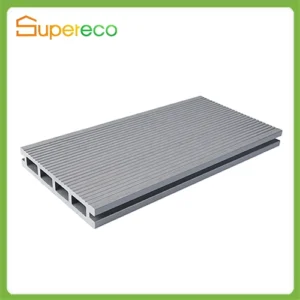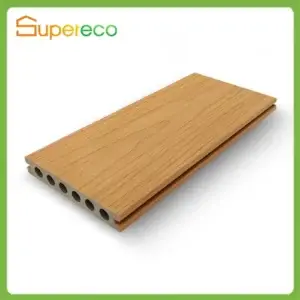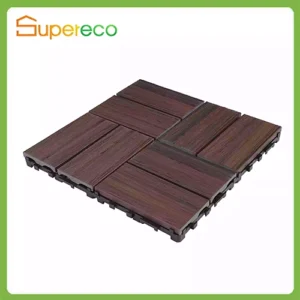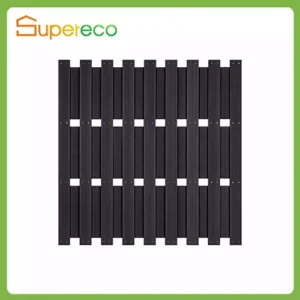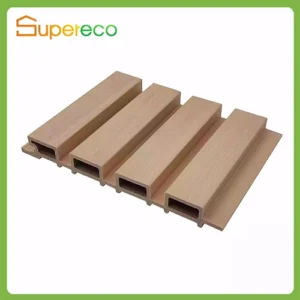1. Definition of WPC Wall Panels
WPC (Wood-Plastic Composite) Wall Panels are engineered panels made from a combination of wood fibers or wood flour and thermoplastic resins. These panels are designed to offer the aesthetic appeal of natural wood while providing enhanced durability and resistance to various environmental factors such as moisture, termites, and UV radiation. WPC wall panels are often used in interior and exterior applications, offering a low-maintenance alternative to traditional wood, with the added benefits of being eco-friendly, as they are often made from recycled materials.
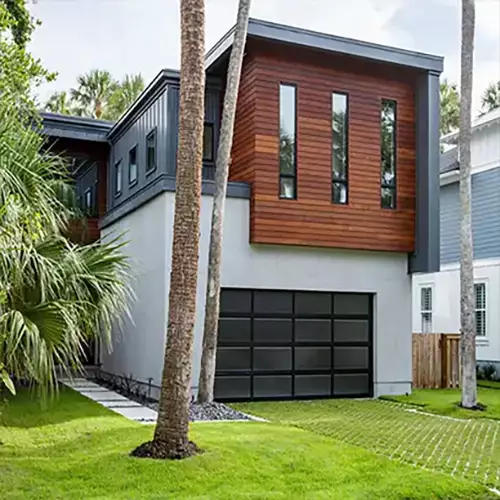
2. Historical Background and Evolution of WPC Panels
The development of WPC panels began in the late 20th century, driven by the need for sustainable and durable construction materials. Initially, WPCs were primarily used in decking applications, but as the technology evolved, their use expanded into other areas, including wall panels. The innovation in WPC technology was largely spurred by advancements in polymer science and a growing environmental consciousness, leading to increased demand for materials that could reduce the consumption of natural wood. Over the years, WPC panels have undergone significant improvements in terms of design, durability, and aesthetic options, making them a popular choice in modern construction and interior design.
3. Comparison with Traditional Wall Panels
When compared to traditional wall panels made from materials such as solid wood, gypsum, or metal, WPC wall panels offer several advantages:
Durability: WPC panels are more resistant to moisture, termites, and environmental wear and tear, making them ideal for both indoor and outdoor use.
Maintenance: Unlike traditional wood panels, WPC panels do not require frequent painting, staining, or sealing, which reduces maintenance costs over time.
Eco-Friendliness: WPC panels are often made from recycled wood and plastic, contributing to sustainability and reducing the demand for virgin wood resources.
Versatility: WPC panels can be manufactured in a variety of colors, textures, and finishes, providing greater design flexibility compared to traditional materials.
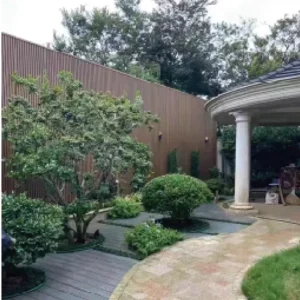
Cost: While the initial cost of WPC panels may be higher than some traditional materials, the long-term savings in maintenance and durability often make them a more cost-effective option.
These characteristics make WPC wall panels a competitive alternative in the construction industry, especially for applications requiring a blend of aesthetics, durability, and environmental sustainability.

